Five ways AI could soon make you fitter and healthier
The boom in artificial intelligence might have tangible benefits for your health, wellbeing, bulging pecs and taut, firm buttocks

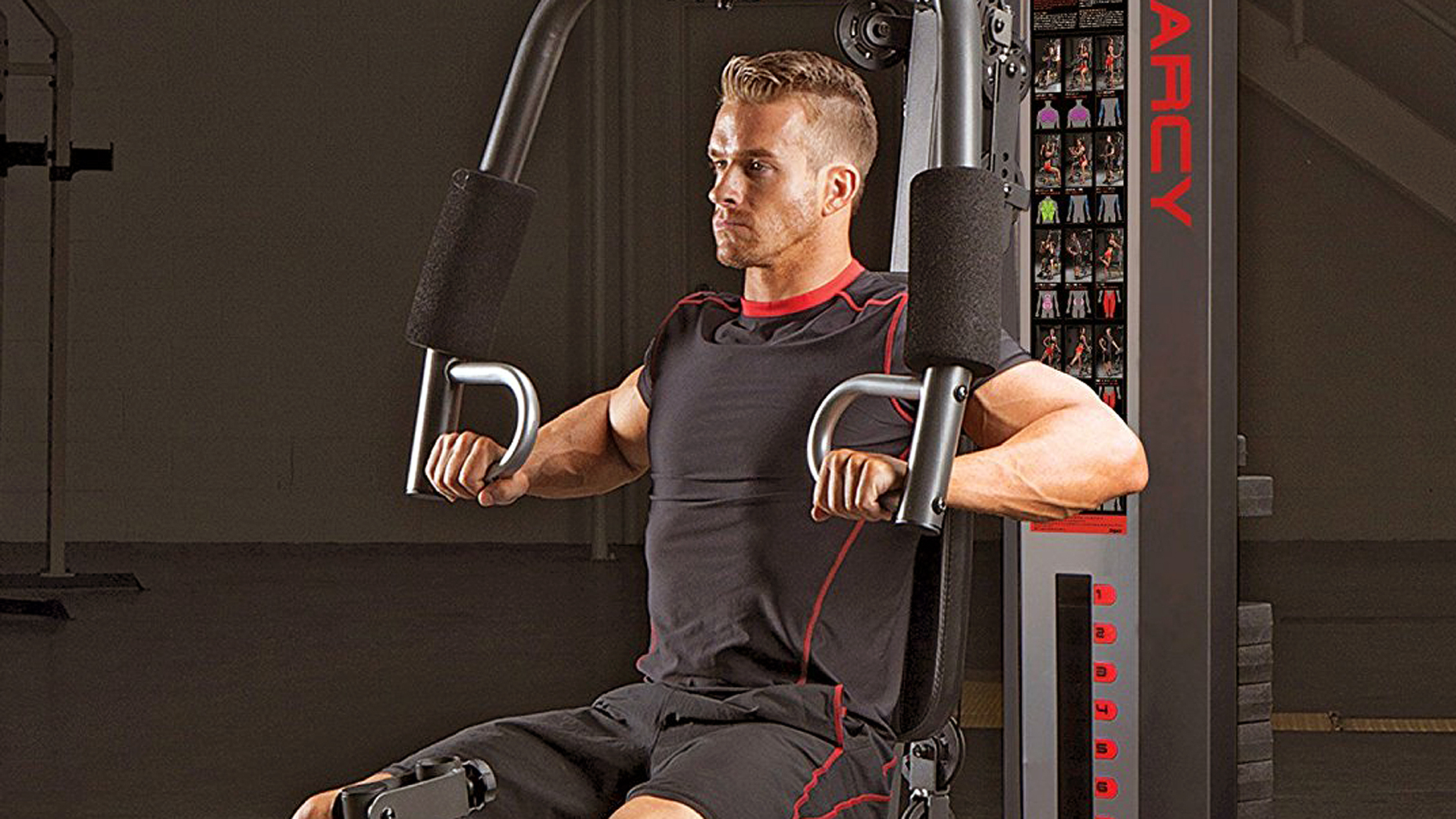
Get all the latest news, reviews, deals and buying guides on gorgeous tech, home and active products from the T3 experts
You are now subscribed
Your newsletter sign-up was successful
Fitness tech today is great, but it’s dumb. It takes a one-size-fits-all approach, and it’s more about telling you what you have done (miles run, steps taken) rather than what you should do.
However, as artificial intelligence gets smarter and tech brands more adventurous, we could soon see the fitness tech dream — a personal trainer who lives in your phone, or sits on your wrist — become a reality.
Here is how.
- The best running watches
- Best fitness trackers that do more than count steps
- Ride the Tour de France in your shed with the best turbo trainers
1. Learning how fit you are now
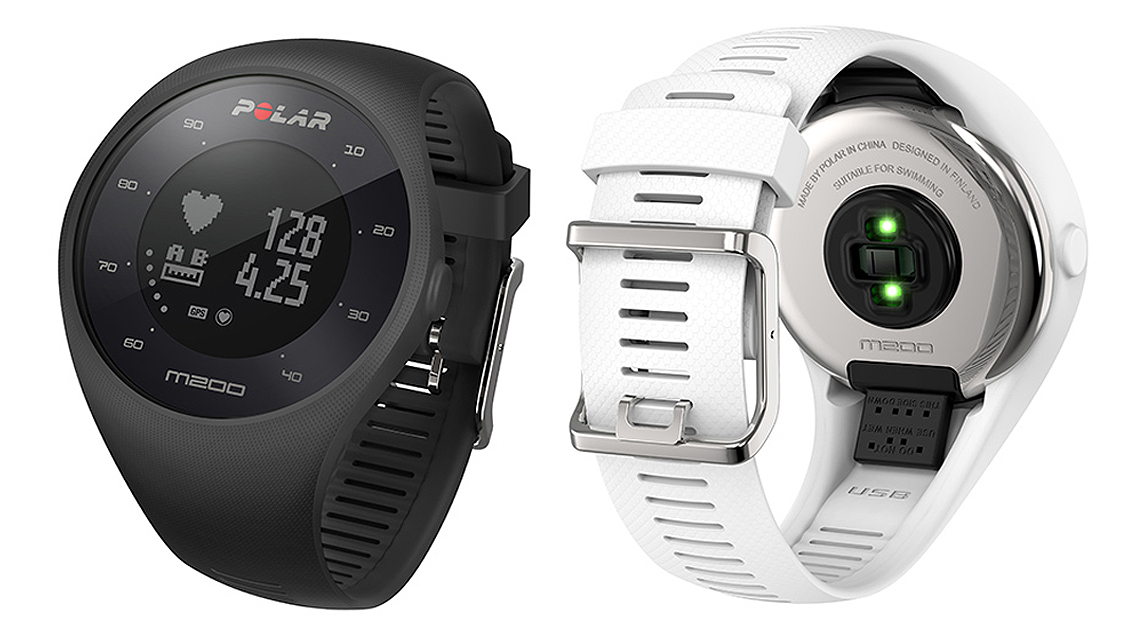
From TomTom’s Spark to Jabra’s Elite Sport, to all manner of Fitbits and Garmin wearables, there are already gadgets that attempt to tell you how fit you are, usually using some sort of VO2 Max estimate.
With AI, this fitness gauging should become way more sophisticated and useful, however. Not just by tracking metrics such as pulse, blood pressure, VO2 Max and lactate threshold but by analysing both your activity levels and how your body responds to and recovers from strenuous workouts, fitness wearables could start to give a much more detailed and useful view of your fitness.
2. Helping you to get fitter
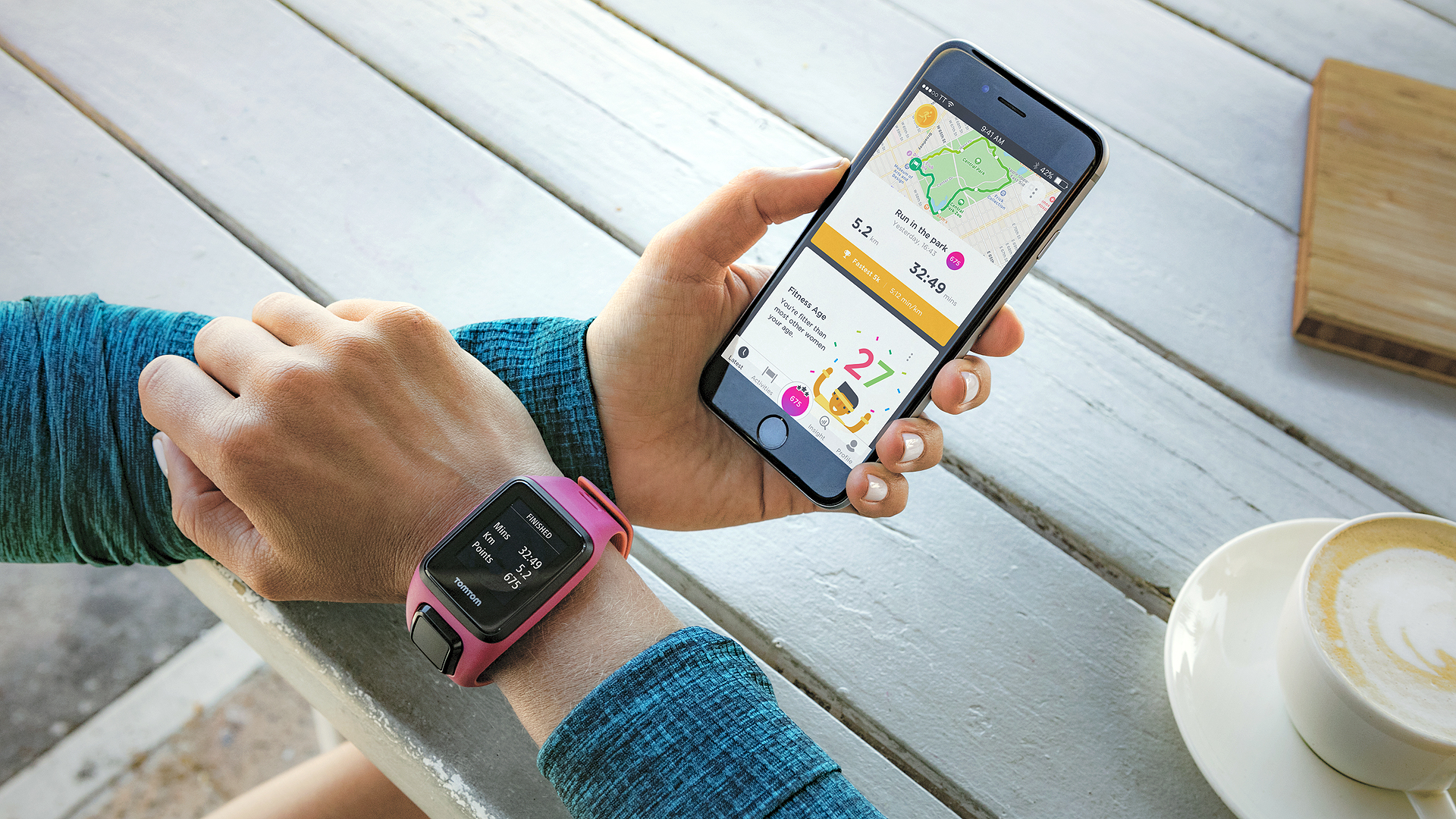
Step 1 must lead to step 2. At the moment one brand that’s tentatively pushing this in a way we like is TomTom. Its hardware hasn’t changed for a while but its latest software actually advises you to go and run (at various levels of intensity) in order to hit daily and weekly targets that it defines as ‘improving’ your fitness.
With AI interpreting key fitness metrics, your wearables of choice should soon be able to give both daily suggestions tailored to your body, but also show you a longer-term plan tailored to your goals, whether that be better cardio health or more sculpted abs.
Get all the latest news, reviews, deals and buying guides on gorgeous tech, home and active products from the T3 experts
Again, we can see the early days of this with existing fitness apps, that offer suggested workout programmes for certain goals. AI could generate such programmes dynamically, and truly personalised to each user.
The AI could also make a call on how rapidly someone should try to, for instance, improve their cardiovascular health, or lose weight. So people become more fit in a way that is safe and sustainable.
It could also use its sage-like machine learning skills to discern when the best times are for each user to exercise, fitting it around their job and personal habits. At the moment, one of the most annoying features of any fitness wearable is when it tells you to “Get Active!” every hour, regardless of whether you might be in a meeting or sat on an aeroplane.
3. Setting useful goals
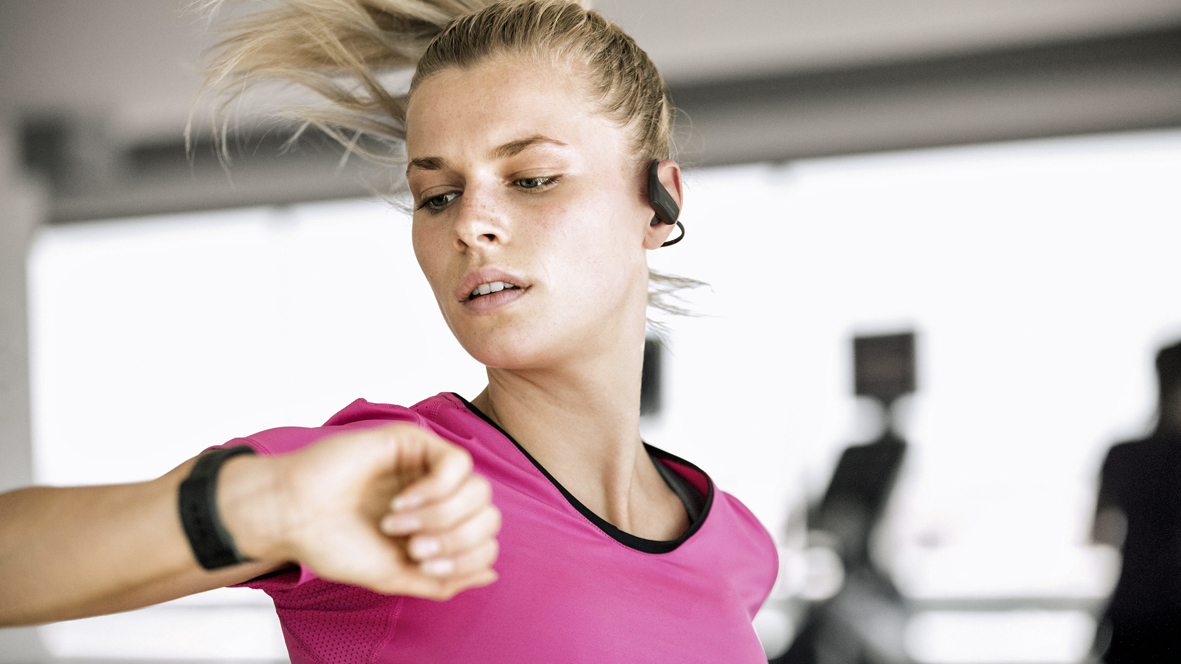
This is the Holy Grail of fitness tech: being able to set realistic, achievable goals for users based on their individual fitness levels. With AI and access to more and better data, wearables will be able to keep users informed of how fit they are compared to the population at large, broken down by sex, age and other variables.
More significantly, however, AI could also set daily and weekly goals for steps, exercise, sleep and all the other key metrics, all tailored to each individual user.
4. Preventing injury
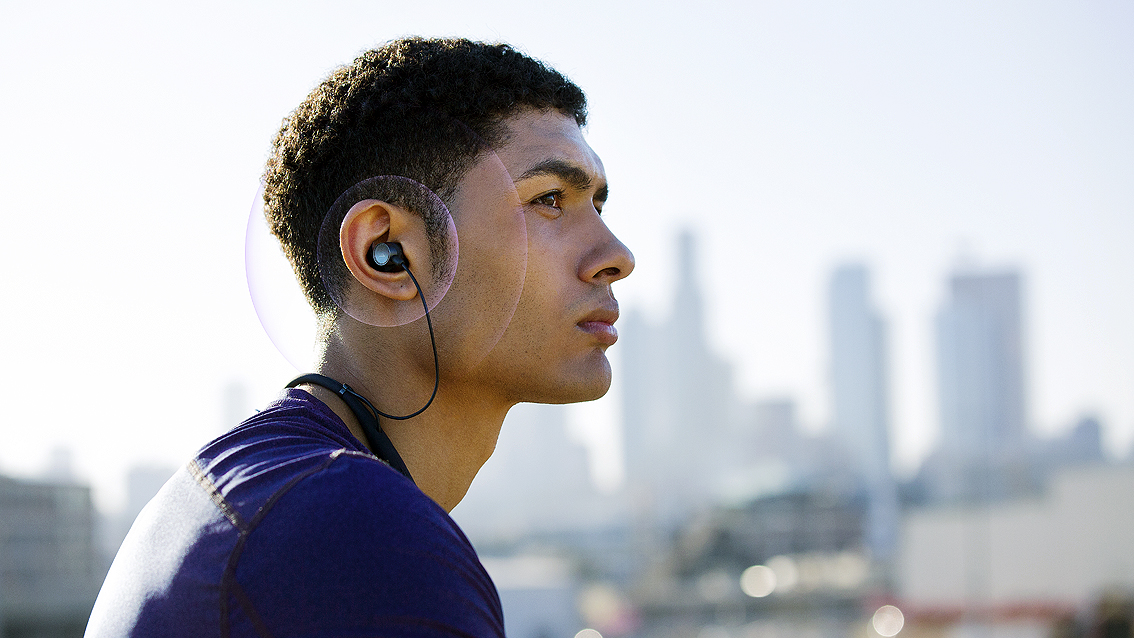
Again, there are wearables from Garmin, Suunto, Polar and others that already suggest ‘recovery times’ after a run. I don’t think anyone takes any notice of them.
The next step is to give more accurate, useful information, again tailored to individuals based on AI analysis of their fitness. For instance, after a long run or cycle, or heavy gym workout, your wearable could advise an older or less fit user to slow down during the following day’s workout, if it feels they’re pushing too hard, while allowing someone who is super-fit to push on longer.
Just as important, new wearables could employ AI to suggest adjustments to running cadence or form during weight-lifting exercises, again preventing injury.
5. Promoting general health
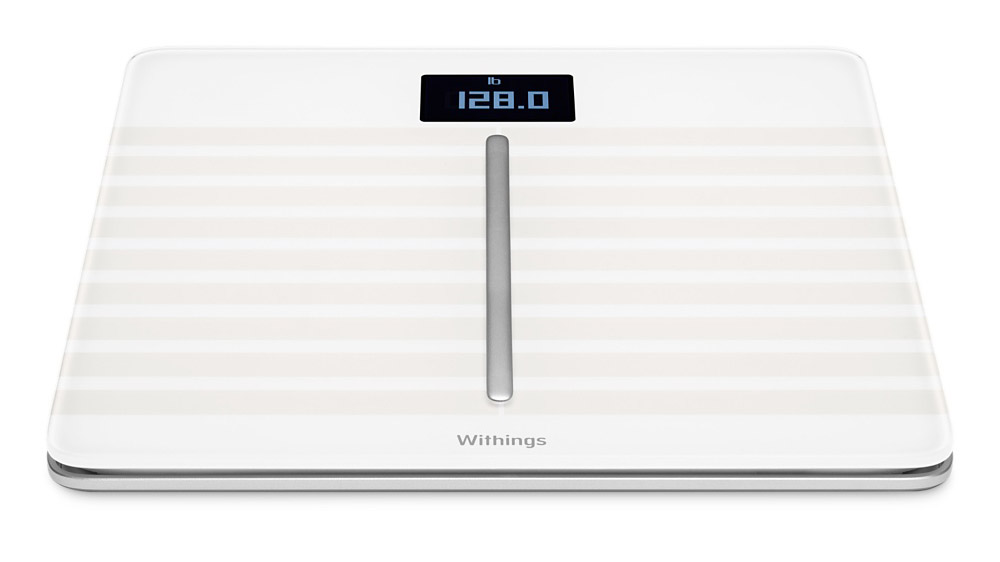
Tech can track pulse, blood pressure, blood oxygen levels, blood sugar levels and more. At present, these metrics need to be interpreted by a doctor but artificial intelligence could soon be helping the medical profession out.
Machine learning could be applied to recognise changes in key metrics — over both the long and short term — that could indicate a problem with the user’s health. This could allow almost immediate diagnosis and treatment, potentially saving lives and money.
Diet, obviously, is another huge element of health and fitness. Eventually, AI-based fitness wearables could even suggest recipes based on each user’s dietary requirements, energy needs, metabolism and tastes.
AI Week is brought to you in association with Honor.

Duncan is the former lifestyle editor of T3 and has been writing about tech for almost 15 years. He has covered everything from smartphones to headphones, TV to AC and air fryers to the movies of James Bond and obscure anime. His current brief is everything to do with the home and kitchen, which is good because he is an excellent cook, if he says so himself. He also covers cycling and ebikes – like over-using italics, this is another passion of his. In his long and varied lifestyle-tech career he is one of the few people to have been a fitness editor despite being unfit and a cars editor for not one but two websites, despite being unable to drive. He also has about 400 vacuum cleaners, and is possibly the UK's leading expert on cordless vacuum cleaners, despite being decidedly messy. A cricket fan for over 30 years, he also recently become T3's cricket editor, writing about how to stream obscure T20 tournaments, and turning out some typically no-nonsense opinions on the world's top teams and players.
Before T3, Duncan was a music and film reviewer, worked for a magazine about gambling that employed a surprisingly large number of convicted criminals, and then a magazine called Bizarre that was essentially like a cross between Reddit and DeviantArt, before the invention of the internet. There was also a lengthy period where he essentially wrote all of T3 magazine every month for about 3 years.
A broadcaster, raconteur and public speaker, Duncan used to be on telly loads, but an unfortunate incident put a stop to that, so he now largely contents himself with telling people, "I used to be on the TV, you know."